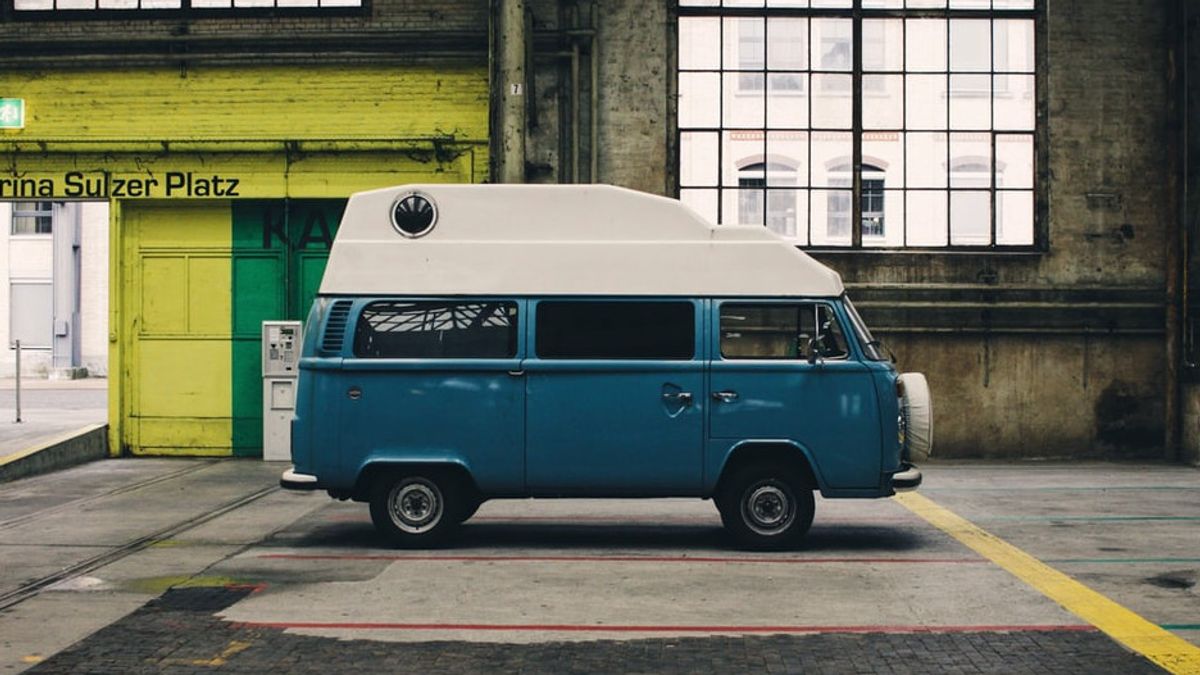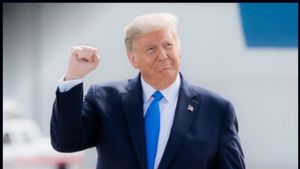JAKARTA - The US Supreme Court on Monday, November 15, rejected Volkswagen AG's offer in a bid to avoid lawsuits filed by officials in three states. The three are suing and seeking damages for the diesel emissions cheating scandal from the German automaker.
The judges refused to hear appeals by VW and German auto supplier Robert Bosch LLC about lower court rulings allowing Hillsborough County Florida and Salt Lake County Utah to seek to hold the company liable under local laws and regulations that prohibit tampering with vehicle emissions controls. The court also rejected VW's appeal against a similar ruling in a case filed by the state of Ohio.
A VW spokesman noted that the court's decision not to hear the appeal was not a "benefit determination" of the company's legal arguments.
"We are confident in the strength of our factual and legal defenses, including that software updates reduce emissions, and will vigorously challenge these claims as the case continues," the spokesperson said.
Volkswagen AG's subsidiary, Volkswagen Group of America Inc, argues that under the Clean Air Act, an important US environmental law, only the federal government can make such claims. VW notes that they have reached a settlement of more than $20 billion with the US Environmental Protection Agency.
The lawsuit accuses VW of defrauding the EPA - and in doing so also violates local law.
"We are pleased that the Supreme Court recognized that federal environmental law does not give automakers the right to defraud Ohio residents," said Ohio Attorney General spokesman Dave Yost.
A spokesman for lawyers representing the two regions added that the Supreme Court's action "reaffirms that local governments play an important role in fighting air pollution."
The administration of US President Joe Biden, who was asked by the court to consider the dispute, has urged judges not to listen to the matter, saying the Clean Air Act allows state law enforcement.
In one case, Volkswagen sought to overturn a 2020 ruling by the San Francisco-based 9th US Circuit Court of Appeals. The 9th Circuit ruled that the Clean Air Act did not preclude local efforts to impose liability for vehicles that VW had damaged after being sold.
The 9th Circuit, however, agrees with VW that they cannot be held liable under local anti-intrusion laws for actions taken prior to the sale.
The 9th Circuit said its decision could lead to "a shocking responsibility for Volkswagen."
SEE ALSO:
Volkswagen is also seeking to overturn a June decision by the Ohio Supreme Court that reached a similar conclusion.
VW says it could face major damage in this case and other possibilities. Daimler AG and Fiat Chrysler, part of Stellantis NV, face similar claims.
Volkswagen announced in September that it had agreed to pay $1.5 million to settle similar claims in New Hampshire and Montana.
In 2015, Volkswagen revealed that it had used advanced software to circumvent the emission requirements of nitrogen oxides in nearly 11 million vehicles worldwide. It also misled the EPA, which started asking questions in 2014.
In addition to equipping vehicles with "defeat devices" before they are sold, VW also installs software updates after the sale, which is behavior at issue before the Supreme Court.
At the time, VW did not disclose the true purpose of the update, which was to improve the software used to control emissions.
VW itself is a car manufacturer that has not agreed to zero carbon emissions by 2040 under the CIOP26 agreement. They also insisted on continuing to produce cars with internal combustion.
The English, Chinese, Japanese, Arabic, and French versions are automatically generated by the AI. So there may still be inaccuracies in translating, please always see Indonesian as our main language. (system supported by DigitalSiber.id)













